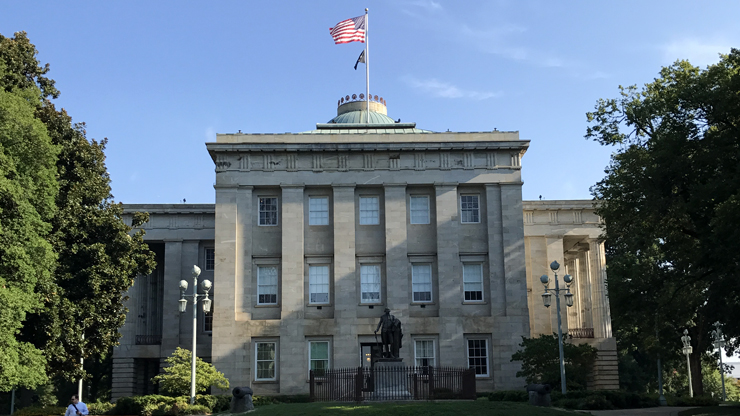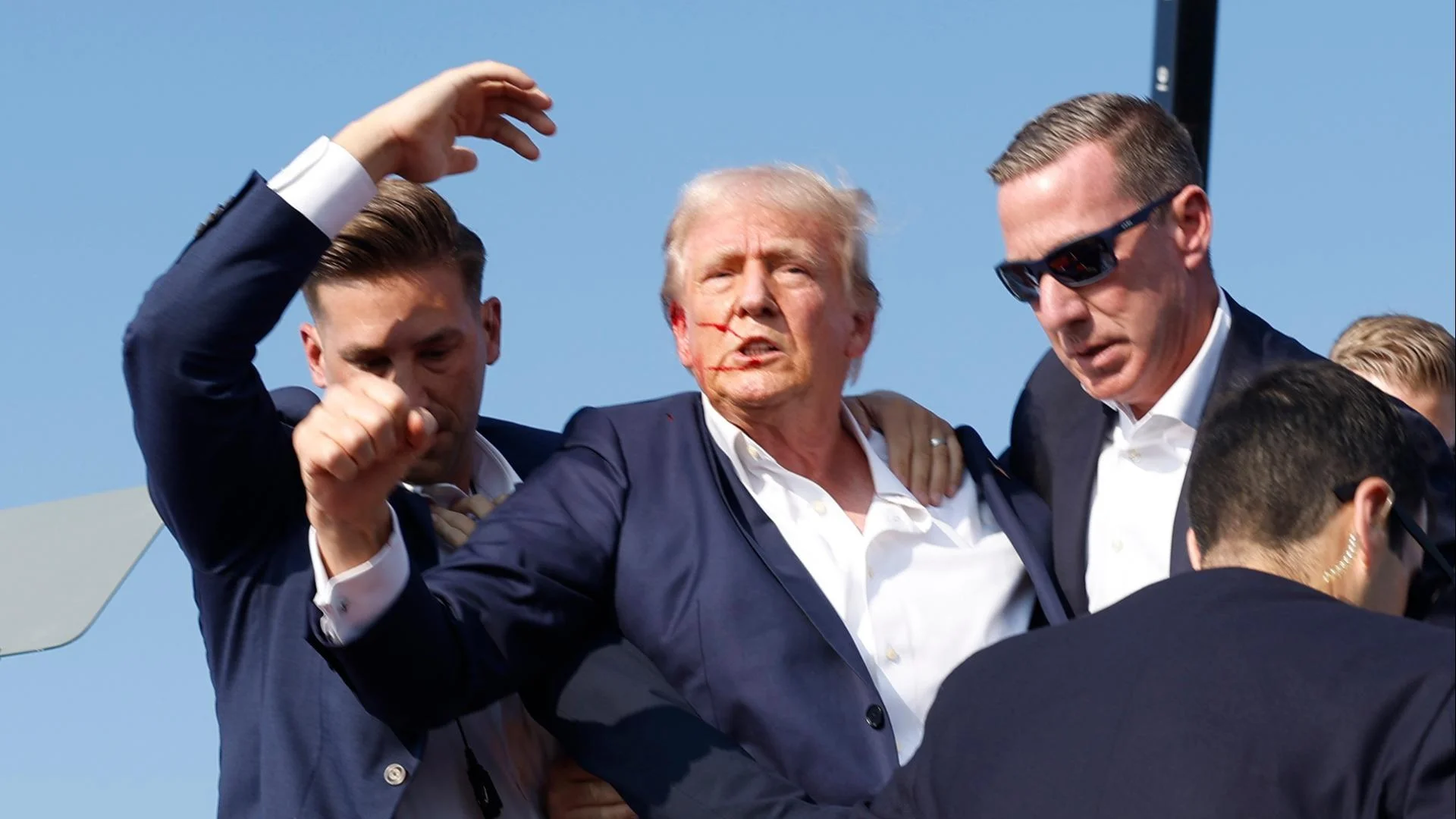The intersection of power, surveillance, and accountability has never been more pronounced than in the recent actions against former FBI Director James Comey. In a striking display of overreach, the Secret Service tracked Comey’s movements after he posted an innocuous photo of seashells arranged in a formation interpreted by some as a call for violence against former President Donald Trump. This situation raises profound concerns about the weaponization of governmental agencies against perceived political enemies.
Surveillance Unleashed Against Comey
According to reported accounts, the Secret Service initiated intense surveillance on Comey just a day after he shared the photo, which some interpreted as a veiled threat. The agency tracked his cellphone location and followed him through North Carolina and Virginia, actions typically reserved for individuals deemed an immediate threat. This escalation is particularly alarming given that Comey has no violent history and has publicly denounced violence in all forms.
Political Context and Implications
The timing of this surveillance cannot be overlooked. Comey, long viewed as an adversary by Trump, has faced relentless attacks from the former president and his allies, who have sought to undermine his credibility and even call for legal retribution. Former U.S. attorney Barbara McQuade highlighted this overreach, stating, "The only rational basis for this action that I can think of is that someone said to themselves, “We’ve got him, we are going to punish him for this mistake.”"
\n\nProtecting the President: Defining photos of the Secret Service - July ...
Threats and Accountability in the Current Administration
This unprecedented surveillance is emblematic of a broader trend regarding how dissent is treated in the current political climate. The Secret Service has faced heightened scrutiny after two assassination attempts on Trump, raising questions about how it defines "exigent circumstances." As reported, while Trump was abroad, the agency acted on a perceived threat against him without clear justification, illustrating a troubling readiness to deploy extensive resources against critics.
Legal Precedents and Civil Liberties
Legally, federal agents have broad authority to follow individuals in public spaces without a warrant, as there is generally no expectation of privacy in such settings. However, the question remains whether this standard is being applied fairly. While posts critical of Biden, such as "86 46", did not elicit similar responses, Comey’s case marks a significant deviation. This discrepancy indicates a potential bias in how threats are perceived and acted upon based on political affiliations.
\n\n
Plan Your Visit | NC Historic Sites
The Role of Media and Public Perception
The media plays a crucial role in shaping public perception of such incidents. Trump’s allies, including Donald Trump Jr., quickly seized upon Comey"s post to incite outrage, framing it as a call for violence. This reaction highlights the danger of politicizing language and the ease with which misinformation can spread. As noted in NPR, even critics of Trump have expressed concerns about the implications of prosecuting him, indicating a complex web of political maneuvering that impacts how justice is perceived and administered.
Consequences of Targeted Surveillance
The consequences of the Secret Service’s actions extend beyond Comey. They set a precedent for how dissenting voices may be treated in future administrations, potentially chilling free speech and activism. In a climate where surveillance can be weaponized against individuals based on their political beliefs, we must critically examine the implications for justice and accountability in our democracy. If the government can surveil its critics without accountability, what does that mean for environmental activists, social justice advocates, and the broader fight for equity and justice?

Senate report details Secret Service failures around Trump rally shooting



![[Video] Gunfire between Iraqi security forces and Sadr militias in Baghdad](/_next/image?url=%2Fapi%2Fimage%2Fthumbnails%2Fthumbnail-1768343508874-4redb-thumbnail.jpg&w=3840&q=75)
